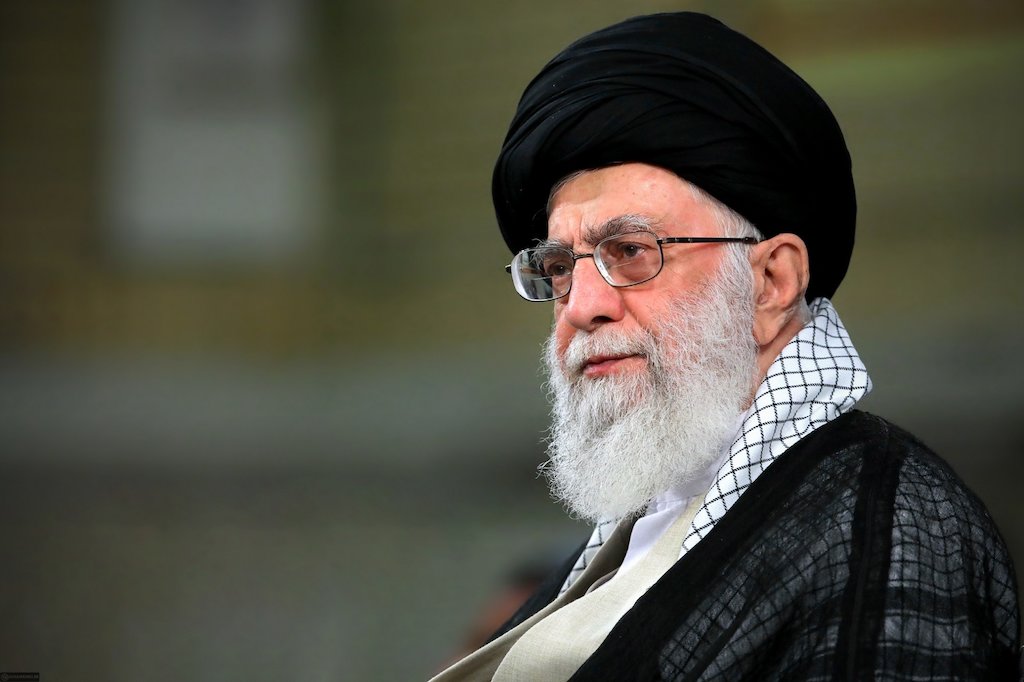September 06, 2019

The former mayor of Tehran, sentenced to death for murdering his second wife, has been pardoned by the victim’s family and will therefore not be executed.
Mohammad Ali Najafi, 67, shot his second wife, Mitra Ostad, at her home in a posh neighborhood of northern Tehran May 28. Hours later, Najafi surrendered himself to the police.
According to Iran’s Islamic penal law, if a person has intentionally murdered or maimed another person, the victim (or victim’s family) is entitled to retribution or qasas in Islamic law—an “eye-for-an-eye” in the case of personal injury, or a life-for-a-life in the case of murder.
However, the victim’s family may forgive the killer, eliminating the death penalty. The next of kin may demand the perpetrator instead pay blood money (diyeh) as compensation. But Ostad’s family also decided to forego diyeh.
“We have forgiven Mr. Najafi, setting aside [the issue of] our beloved’s blood, and we are contented for not bargaining over her blood,” Ostad’s brother, Massoud, said on his Instagram account.
That means that Najafi will not be hanged and does not have to pay “blood money” to the relatives of his victim. It was unclear if Najafi will have to spend life in prison.
Massoud Ostad said the family acted following mediation by the elders of the country and the city of Kermanshah, Ostad’s family home in western Iran.
Soon after being pardoned, Najafi was freed from jail on payment of bail of 10 billion rials ($87,000 at an exchange rate of 115,000 rials to the US dollar.)
He is not home free, however. The court must now decide what prison term he will serve. Media reports said he would be liable to a term of three to 10 years in prisom.
In addition, he was convicted of illegal possession of a firearm and sentenced to two years for that offense.
An MIT graduate, Najafi was mayor of Tehran from August 27, 2017 to April 10, 2018, when he resigned.
While the court convicted Najafi of premeditated murder, Najafi said he took the revolver to his wife’s apartment to try to scare her into agreeing to a divorce and that they struggled over the weapon, which then went off.




















